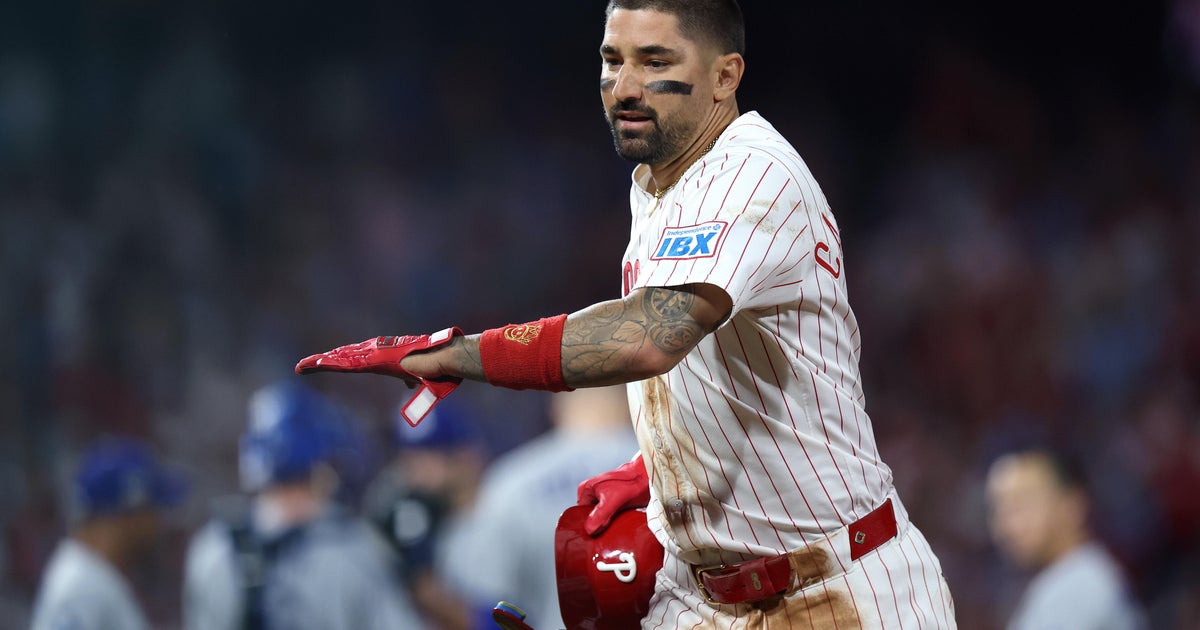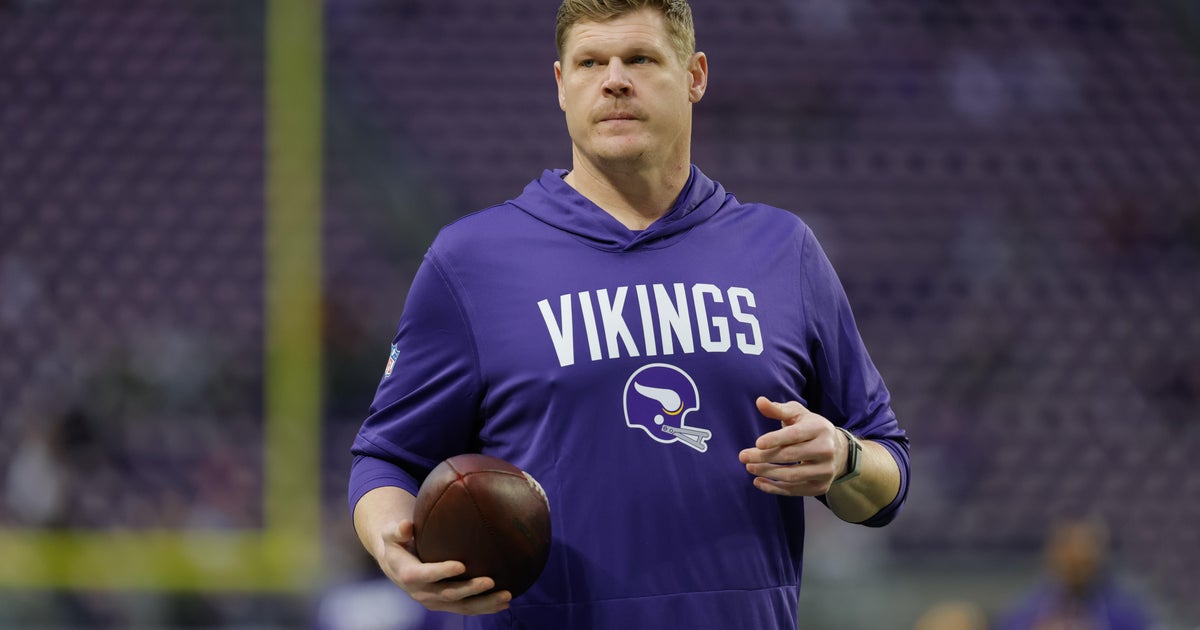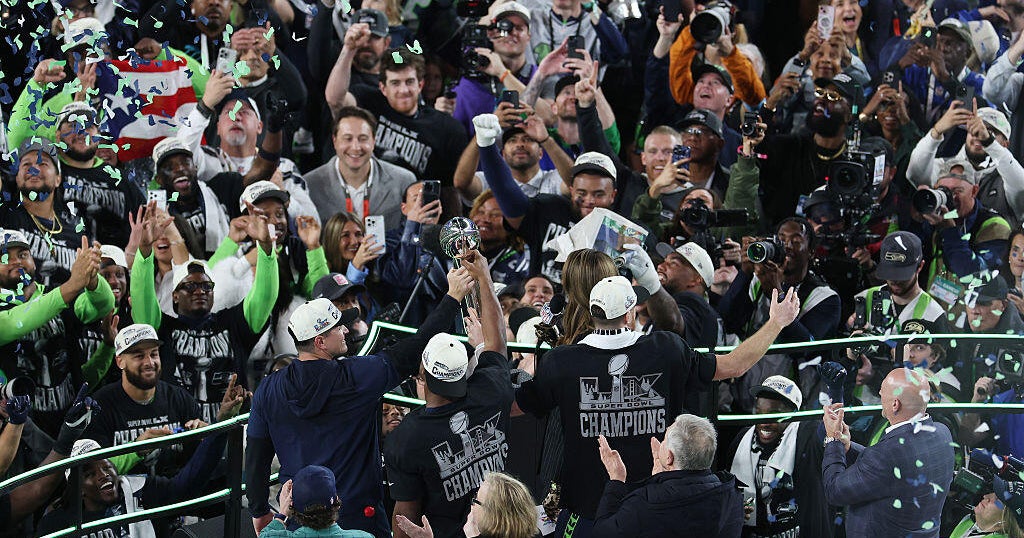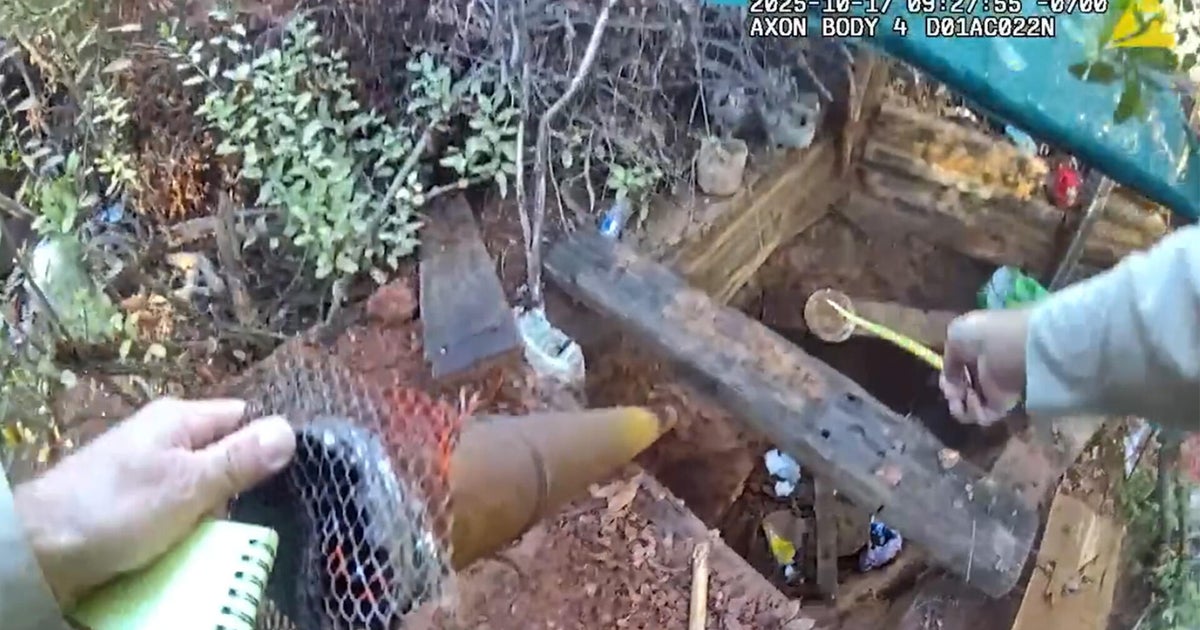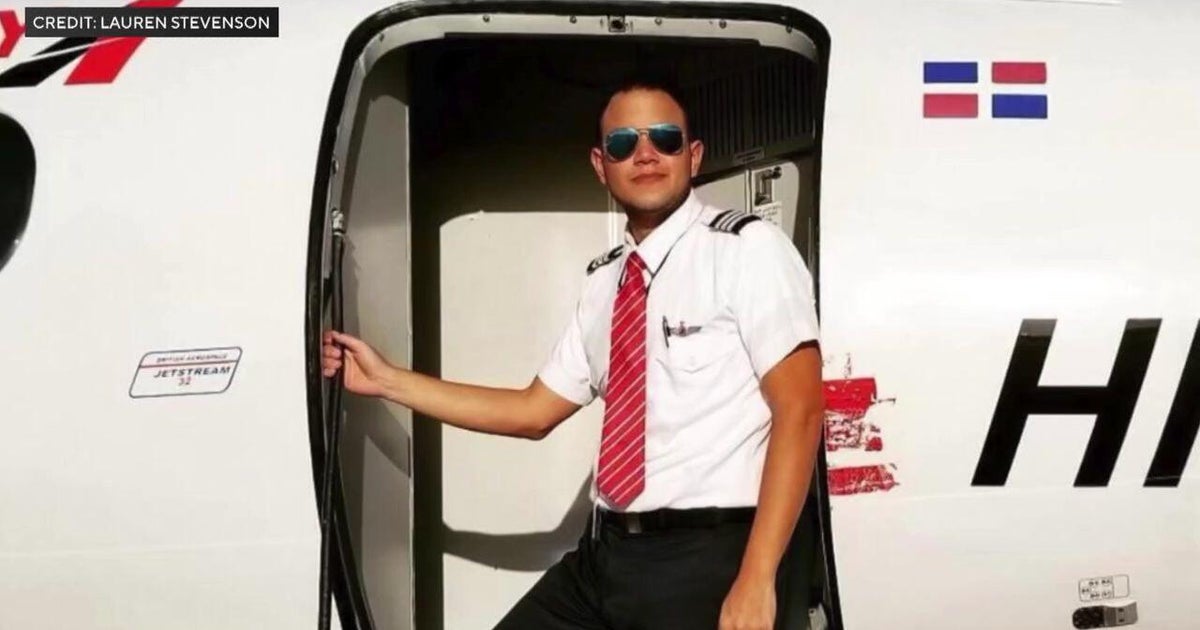DiCaro: U.S. Soccer's Elitism Problem
By Julie DiCaro--
(CBS) U.S. Soccer has a problem, but it's not Jurgen Klinsmann.
Don't get me wrong, Klinsmann stepped in it plenty of times during his five years at the helm of the U.S. Men's National Team, from his Dickensian elitism when it came to working with MLS to his questionable tactical acumen. It was probably long past time for the change at the top, which came Monday was Klinsmann was fired. But Klinsmann was only in charge at the very top, and the problems with identifying and developing talent in the United States start much earlier and much further down the chain.
In the United States, unlike almost every other country on Earth, soccer is an upwardly mobile white sport, propped up by the club system that promotes the players with the most resources, not the ones with the most talent. As someone who has been involved in the club soccer system as a player, coach, and parent, I've seen it first hand.
First, let's dispense with the "our best athletes don't play soccer, they play other sports" argument, which is always trotted out by the non-soccer masses to explain the U.S.'s lack of prowess in the sport. The United States has a population of roughly 324 million people in 2016. It's confounding to think that, of all those people, U.S. Soccer can't convince 20 elite athletes to play soccer instead of basketball, football, or baseball? Again, the problem is one of development.
The biggest issue in U.S. Soccer is the pay-to-play club system, which is geared towards families that can pay $1,000 to $5,000 a "session," based on the club's prestige, to have their children coached by professional coaches from Europe and South America. Money aside, most club teams practice two to three times a week and play tournaments or matches every weekend, often involving significant travel time and expenses. Players are seen and evaluated by coaches at showcase tournaments -- invitation-only events that pit the best clubs against each other.
If players are lucky enough to belong to a club with a professional team sponsor, professional scouts from the English Premier League or Bundesliga may hold special "talent ID camps" to identify promising players. Again, the camps cost money to attend and are often held during regular working hours.
U.S. Soccer also has club academies throughout the county, designed to single out and develop the best of the best at an early age. The problem with the academies, of course, is that they're run through the club system. If a child's family doesn't have the money or time for the child to invest in club play, that child is on the outside looking in at the talent evaluation process.
Of course, there are clubs that go out of their way to award scholarships and provide other assistance to promising players with limited resources. But even the most financially flexible clubs rely on parents bringing young kids to tryouts in the hope the money and travel will work itself out. What about the players whose parents give up before then?
There's no question that the United States likely has spectacular soccer talent wasting away, especially in Hispanic and African immigrant communities where paying $2,500 for a child to play soccer is out of the question. As a result, some of America's best soccer talent is probably playing pick-up games at the local park on weekends, rather than being involved in a club program where his or her talent can be identified and nurtured.
In every soccer club I've ever been involved with, the teams got significantly whiter as the kids got older and the fees got more expensive. That "weeding out" process serves to foster the most financially able players rather than the most-talented or most-serious.
If U.S. Soccer wants to build a sustainable and competitive feeder system for the national teams, it's time to break away from the pay-to-play clubs and find other ways to identify talent than financial wherewithal. While the AAU certainly has its own set of problems, the organization has been reaching into disadvantaged communities to find the best basketball players for decades, rather than waiting for the players to come to them.
Success at the international level will come when U.S. Soccer includes everyone in its talent-evaluation process, from the most elite suburban club players to the children of immigrants playing pick-up games on weekends. It's time the pool of potential national-level talent involve everyone in the nation, rather than those with the resources to pay their way into the game.
Julie DiCaro is an update anchor and weekend host for 670 The Score, as well as a life-long soccer player, coach, and fan. Follow her on Twitter @JulieDiCaro and like her Facebook page.
